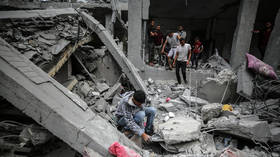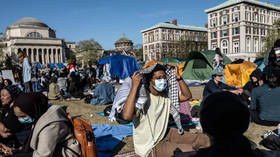The global nuclear family: Russia hosts ATOMEXPO 2024 forum
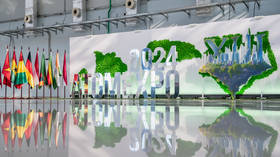
On March 25 and 26, Russia’s resort city of Sochi hosts the 13th international ATOMEXPO exhibition and forum. The event is focused on the expansion of advanced nuclear technologies in Russia and worldwide in a bid to boost energy independence, achieve a sustainable and safe environment, and secure high living standards.
Repowering Russia
Russia, one of the world’s largest nuclear energy producers, has long been known for its outstanding experience in the atomic industry and currently dominates the global nuclear supply chain. It has a fleet of 36 reactors, and 19 reactors operating overseas – the largest number globally and, despite growing pressure from the EU and the US, it maintains a strong global influence in nuclear power. Many countries rely on atomic know-how from Russia to run their power plants.
In 14 years, ATOMEXPO has transformed itself from a Russian nuclear industry event with occasional participation from foreign partners into a global nuclear industry discussion platform. The forum is designed to promote the nuclear industry and provide business opportunities for domestic and international companies.
“This year’s forum will be record-breaking both in terms of the total number of countries participating in ATOMEXPO – nearly 80, and in terms of newcomer countries – about 10. We’re also going to see record figures in the number of ministers and foreign companies taking part in the event,” said Aleksey Likhachev, the head of Russia’s atomic energy agency, Rosatom.
“This year, we have covered almost all continents and regions, and expanded our agenda beyond purely nuclear industry to include a range of non-energy areas.”
The agenda of the ATOMEXPO 2024 includes global issues such as carbon-free energy, responsible approaches to the environment and natural resources, “green” investments, and international partnership for sustainable development. It has attracted more than 4,500 delegates and guests, bringing together executives from major Russian and international companies in the sector, government agencies, research and scientific organizations, and prominent nuclear industry experts.
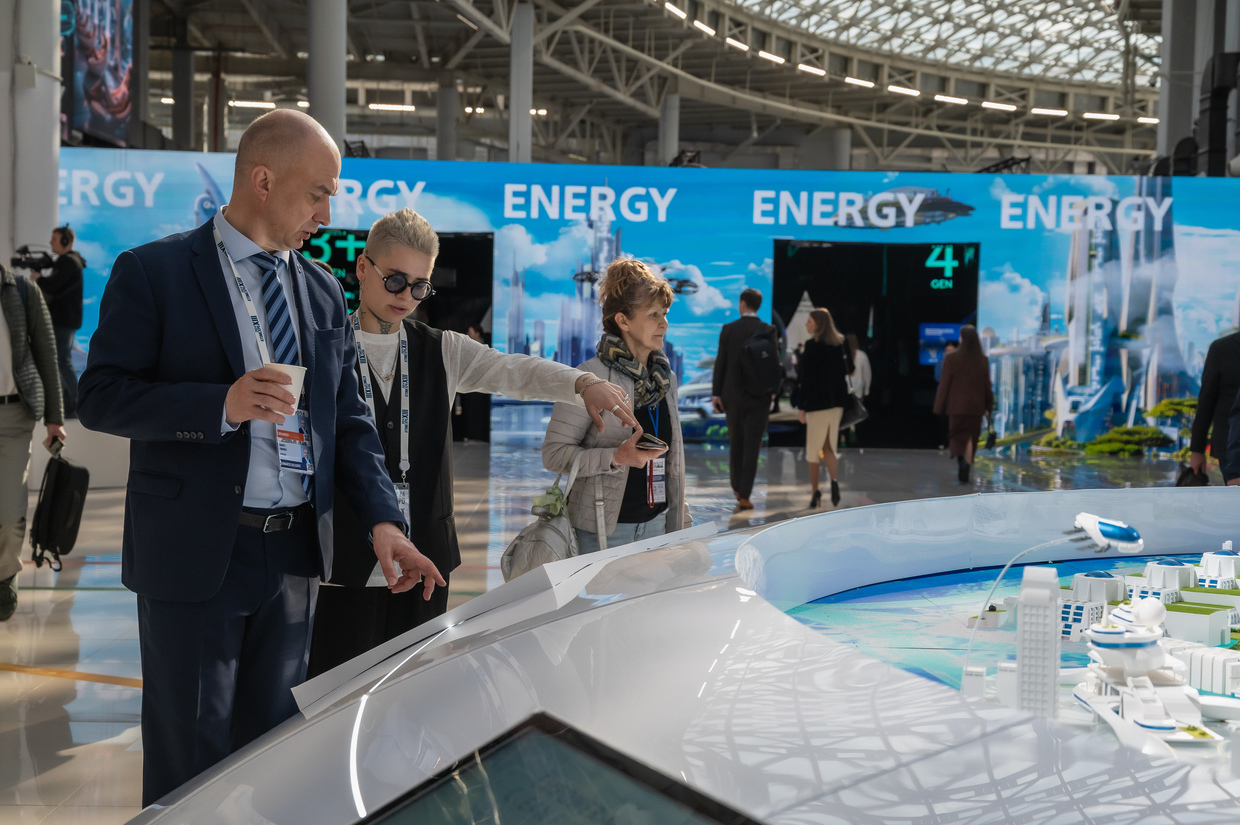
Special guests and participants include deputy director general and head of the Department of Nuclear Energy at the International Atomic Energy Agency (IAEA), Mikhail Chudakov; Hungarian Foreign Minister Peter Szijjarto; Burundi’s Minister of Hydraulics, Energy and Mines Ibrahim Uwizeye; and Serbian Health Minister Danica Grujicic. The forum will host 40 round-table events and business sessions.
Clean energy horizon
ATOMEXPO features a plenary session dedicated to clean energy prospects, highlighting the importance of nuclear power in decarbonizing the world’s energy sector. As the biggest low-carbon source of electricity, nuclear energy is widely seen as a possible solution to global energy challenges and a path to overcoming the climate crisis.
The rapid development of renewable power and its increase in the energy mix of countries worldwide creates new opportunities for the energy industry. Nuclear and hydropower generation provides a sustainable low-carbon power production ensuring energy security and safety. It’s also cheaper than conventional sources of energy such as oil and gas.
Fourth-generation nuclear reactors
Nuclear technology continues to advance with fourth-generation nuclear reactors that could dramatically change the entire energy industry, mainly due to their safety and a significant reduction of radioactive waste.
Fourth-generation nuclear technology refers to a new class of advanced reactors called small modular reactors (SMRs). They are designed to be safer, more efficient, and more sustainable than previous generations.
Russian SMR designs are poised to dominate the global fleet by capacity, according to a report from the London-based New Nuclear Watch Institute, which was published in December.
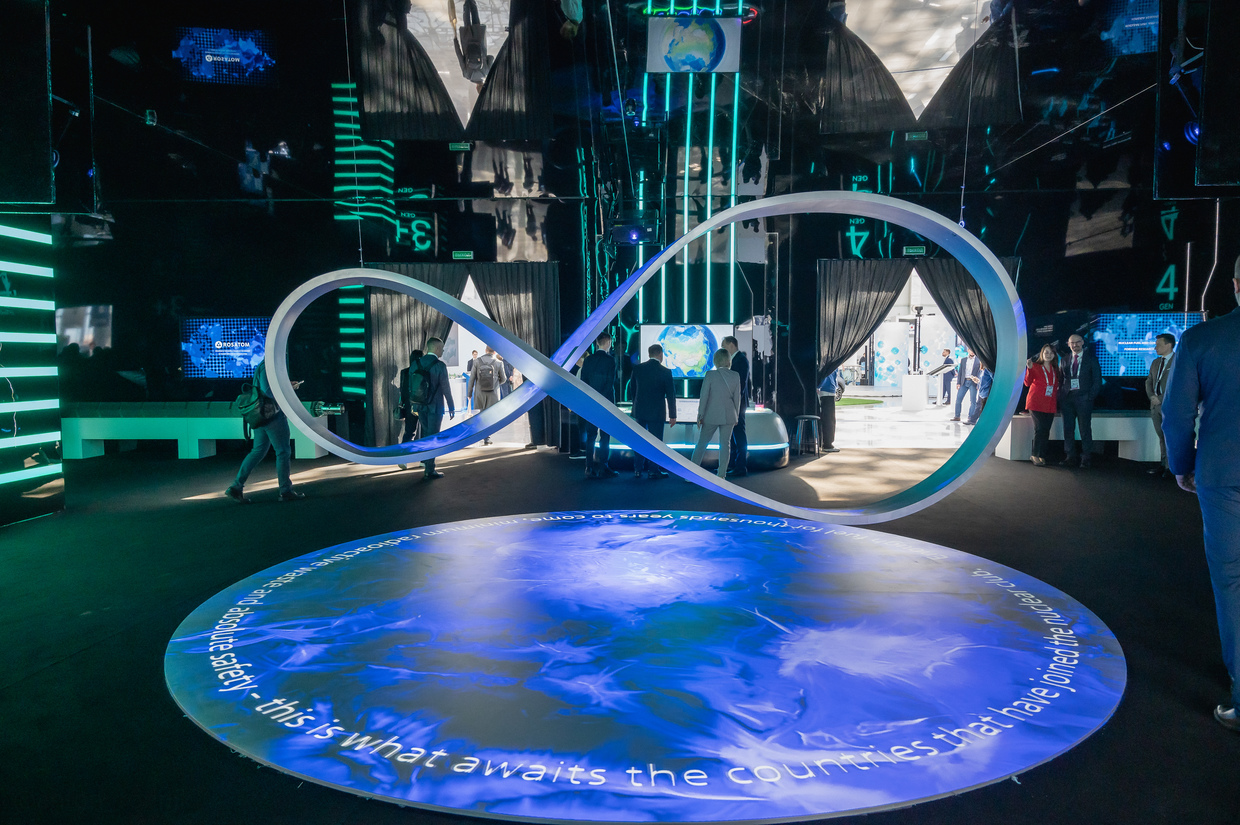
In January, Russia announced the start of a landmark construction of the world’s first new generation-IV lead-cooled fast reactor of closed nuclear fuel cycle technology at the site of the Siberian Chemical Combine in Seversk, southwest Siberia. A closed nuclear fuel cycle means spent fuel is reprocessed and partly reused.
Net-zero future with hydrogen economy
Green hydrogen will also feature at ATOMEXPO. Generated from renewable energies, hydrogen has emerged as one of the strongest candidates for helping to decarbonize economic sectors dependent on emissions-intensive fossil fuels, including oil, gas and coal, taking the world a step closer to carbon neutrality. Its potential for many different uses makes green hydrogen a highly promising alternative for sectors where direct electrification or other low-carbon options might not be technically or economically feasible, for example in the steelmaking, chemical and refinery industries, and heavy transportation by land, air and sea.
While investment in hydrogen projects will be prioritized, a careful assessment of their cost efficiency is needed in order to reduce production and end-use costs.
Russia to become a top lithium producer
Russia is gearing up to start extracting lithium as it seeks to become one of the world’s top producers.
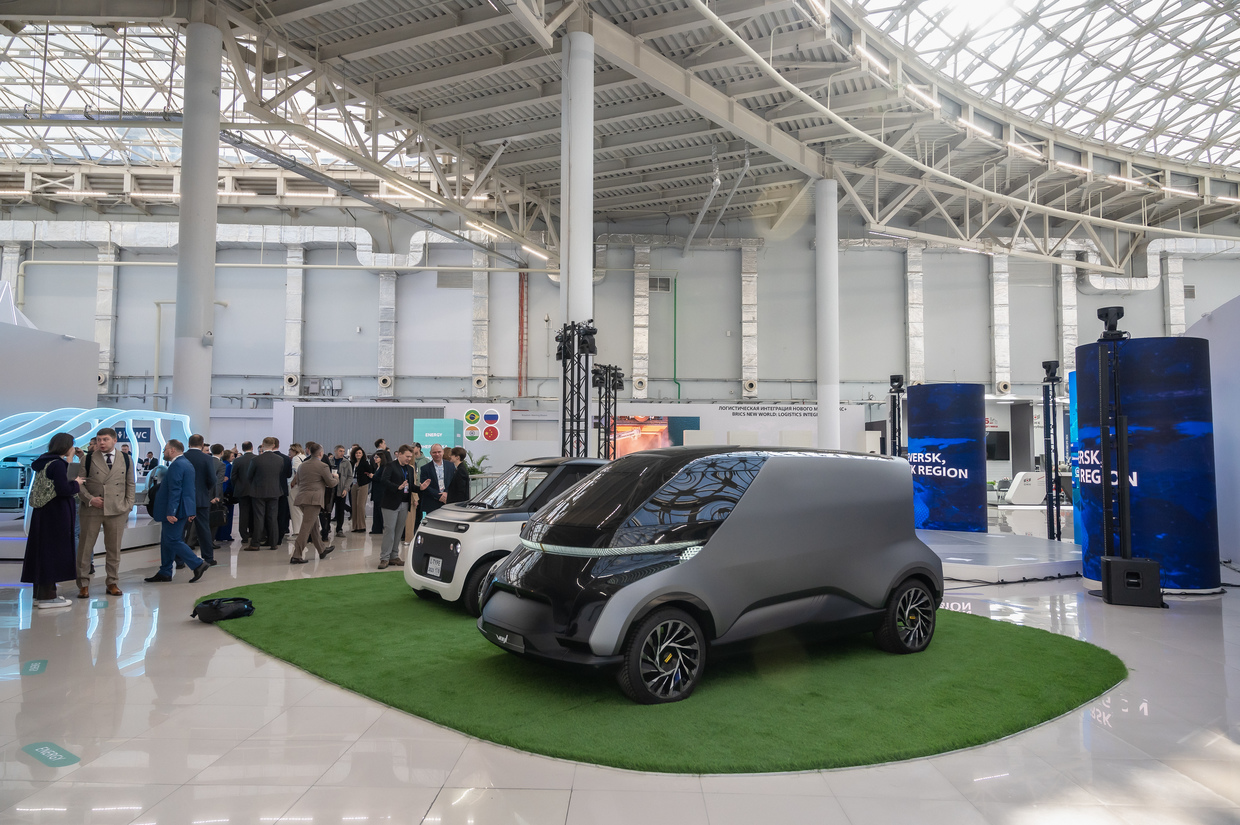
There is growing demand for lithium worldwide since it is used to make lithium-ion batteries, vital for most consumer electronics, as well as electric vehicles (EV). High demand for lithium is largely driven by the rapid development of electric cars. Following the exodus of European, American, and Japanese car manufacturers, Russia has embarked on the major development of its domestic automobile industry, focusing on EVs as they have fewer parts and are easier to produce. Russian Deputy Prime Minister Denis Manturov said last year that Russia’s lithium reserves and processing capacity would cover domestic and export demand by 2030.







